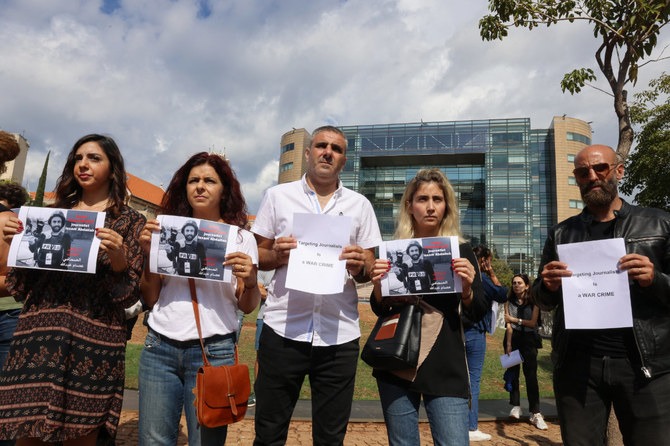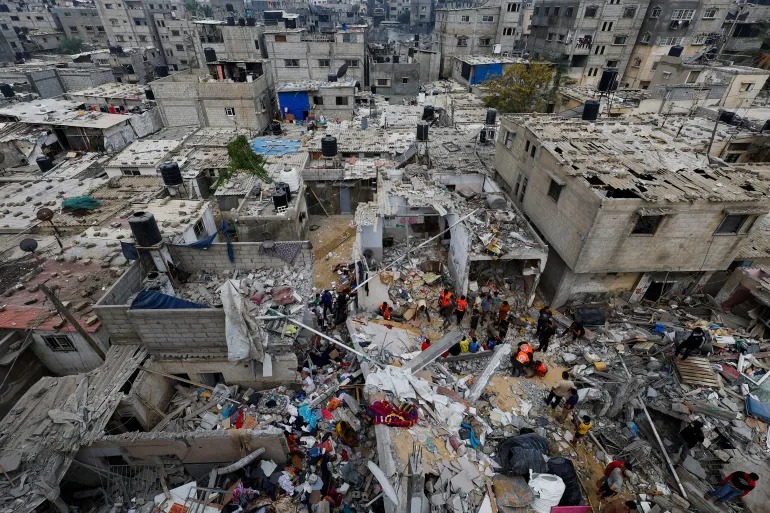A recent investigation by Reporters Without Borders (RSF) has uncovered evidence that the deadly strike on journalists along the Israel-Lebanon border, which claimed the life of Reuters video journalist Issam Abdallah and left six others wounded, was a deliberate and targeted attack. The incident, which occurred on October 13 in the village of Alma Al-Shaab in southern Lebanon, has raised serious concerns about the safety of journalists operating in conflict zones. RSF’s findings have ignited a new wave of scrutiny over the circumstances surrounding the attack, as questions mount over the origin of the lethal gunfire.
Targeted Attack on Journalists
The RSF investigation has shed light on the distressing nature of the attack, as it becomes increasingly evident that the journalists were not accidental casualties caught in the crossfire. Rather, the evidence suggests that they were the intended targets of the assailants. This revelation has sent shockwaves through the journalistic community and amplified concerns regarding the safety and protection of media professionals covering volatile regions.
Clear Indications of Precise Targeting
The RSF’s initial findings highlight compelling details that point towards the deliberate nature of the attack. The organization’s ballistic analysis revealed that the shots came from the east, which is in the direction of the Israeli border. Notably, two strikes occurred in the same location, only 37 to 38 seconds apart. The first strike claimed the life of Issam Abdallah, and the second, more powerful one, ignited the vehicle used by Al-Jazeera, injuring several journalists. These circumstances, according to RSF, “clearly indicate precise targeting” and suggest that the journalists were not mistaken for combatants.
Calls for Accountability
The shocking incident has triggered reactions from various quarters. While the RSF has not explicitly blamed Israeli forces, they have demanded a thorough investigation into the matter. Meanwhile, Lebanese authorities have accused Israel of being responsible for the strikes, and the Israeli army has stated that it is looking into the circumstances surrounding the fatal attack. AFP is conducting its own investigation and has called for both Israel and Lebanon to conduct comprehensive probes. Reuters has also urged Israel to launch a swift and thorough investigation into the matter, seeking accountability for the loss of one of their journalists.
As RSF continues to dig deeper into this distressing incident, the broader community remains concerned about the safety and protection of journalists operating in conflict zones. This incident serves as a stark reminder of the risks they face while trying to cover events in areas of conflict, and the imperative need for accountability when such tragedies occur.
















